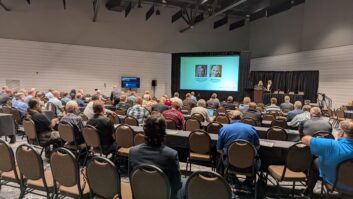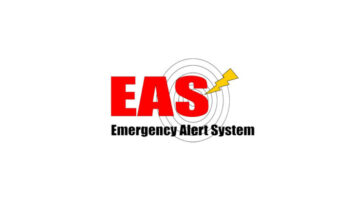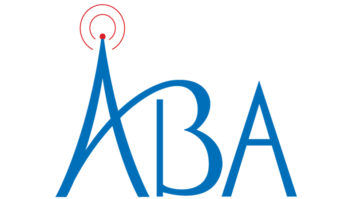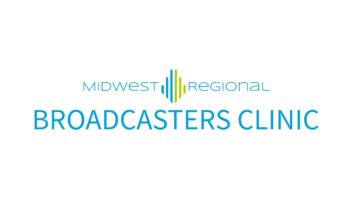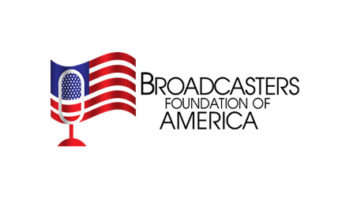 The legal tug of war continues between the Federal Communications Commission and several broadcast organizations over the new rule about disclosing when programs are sponsored by foreign governments.
The legal tug of war continues between the Federal Communications Commission and several broadcast organizations over the new rule about disclosing when programs are sponsored by foreign governments.
At issue is the FCC’s order, adopted last April, requiring that U.S. radio and TV stations disclose when foreign governments lease air time. All four commissioners voted yes, saying the change would ensure that audiences are aware when a foreign government or its representatives use the airwaves to persuade the public.
The National Association of Broadcasters, the Multicultural Media, Telecom and Internet Council and the National Association of Black Owned Broadcasters earlier had asked a federal appeals court to put a stay on the order pending judicial review. The FCC opposed their request.
[Related: FCC Denies NAB Stay Petition on Foreign-Sponsorship ID Rules]
Now NAB, MMTC and NABOB have filed a reply brief, reiterating their arguments that the FCC doesn’t have authority for this requirement under the Communications Act and the First Amendment, that it would be an undue burden and that broadcasters face imminent, irreparable harm unless the court pauses the FCC action.
They criticize the regulation for its “extraordinary reach and sheer pointlessness” and call it a “content-based compulsion of speech.” They repeated their arguments that a broadcaster would have to conduct an investigation of “every programming lease, even commercial and local programming (since virtually every lessee will deny, virtually always truthfully, that it or another person in the production or distribution chain is a foreign governmental entity, thus triggering the duty to investigate).” And they say the whole rule is in place to solve a “phantom harm never known to occur.”
